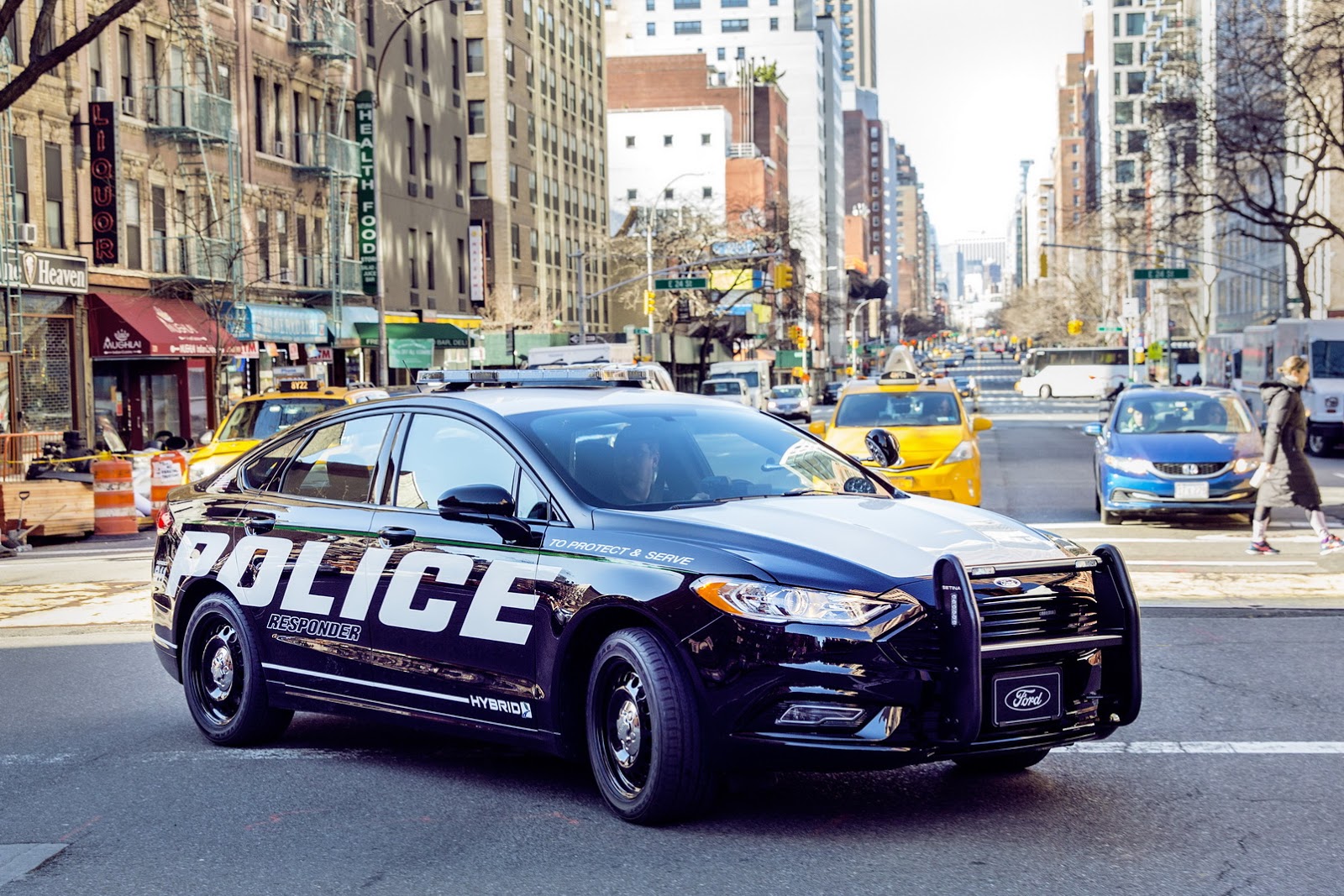A new type of camera that can automatically identify license plates is helping out with police investigations across many U.S. cities in several states including Colorado, Indiana, Ohio, and Michigan.
Besides taking note of the license plate of every vehicle that passes by, the fixed automated license plate readers store a description of the vehicle type and color, while checking with the police’s database. In this way, the system can identify if a vehicle is stolen, if it belongs to a wanted suspect or a missing person, automatically alerting the authorities when needed. Flock Safety, an Atlanta-based company is already offering such devices to over 1,000 law enforcement agencies in 40 states. As noted on the official website, these cameras can capture vehicles traveling up to 100 mph (160 km/h) and up to 75 ft (22.9 m) away, day and night.
See Also: Bad Drivers Get Instant Karma From The Police In Three Separate Cases
A few months ago, Plainfield Police Department in Indiana bought twelve automated license plate readers by Flock Safety for $27,000. Indianapolis Star reports that the devices proved to be quiet useful, recently helping the police locate a stolen vehicle with a six-month baby inside. The suspect stole the car when the driver stepped away after his card got declined at the pump, and took off with the baby still in the back seat. Thanks to the cameras the vehicle was located later on in Indianapolis where it was ditched, and the child was reunited with the family.
In Indiana, cameras are placed on roads around the Whiteland Community High School and Clark-Pleasant Middle School as a precaution for the safety of the campus. The devices are also being used by police departments in Franklin, Zionsville, Beech Grove, Hancock Country, while the Indianapolis Metropolitan Police Department will soon purchase 350 more license plate readers for the area.
As noted by the Denver Chanel, the Golden Police Department in Colorado installed between 10 and 20 license plate readers in high traffic areas as a trial since early November, resulting in several arrests of violent felons. The same system is already used by the Denver and Aurora police in Colorado and will likely expand to more locations in the near future.
In the city of Wyoming in Michigan, a dozen cameras will be installed in six intersections within the next two months. They will record the license plate, make, model, and color of every single vehicle. The local police chief told WXYZ Detroit that the system will provide assistance to the police officers on the streets since their limited number means they can’t be everywhere at all times. While the system will come in handy for investigations into major crimes, it won’t be used for traffic enforcement.
Privacy Concerns
According to the officers, not every lead results to an arrest, but having more lead information about suspects can be crucial for an investigation. The extensive use of cameras has raised privacy concerns among citizens however the authorities suggest that the data is only kept for 30 days before being deleted from the system.
“What we’ve heard from advocates is that the error rate can be quite high with up to a third of license plate reads being incorrect,” Community Oversight Board Lead Research Analyst Peter Vielehr told WSMV news in Tennessee., “That level of risk is something that the board decided that they are not willing to support in any form.”
Other community members fear that the automatic license plate readers infringe upon their privacy.
“Blindly checking people, that’s just an invasion of privacy,” one community member. “If they are chasing a criminal and they can keep track of him that way, 100% I’m on board.”
“We’ve had experts from privacy organizations coming to the board to talk about different examples of how privacy has been impacted by license plate readers around the country and they pointed to examples where people’s data has been breached, where there’s been disproportionate impact on communities of color, as well as concerns around police departments conducting appropriate auditing and tracking of the license plate reader technology,” Vielehr said.





